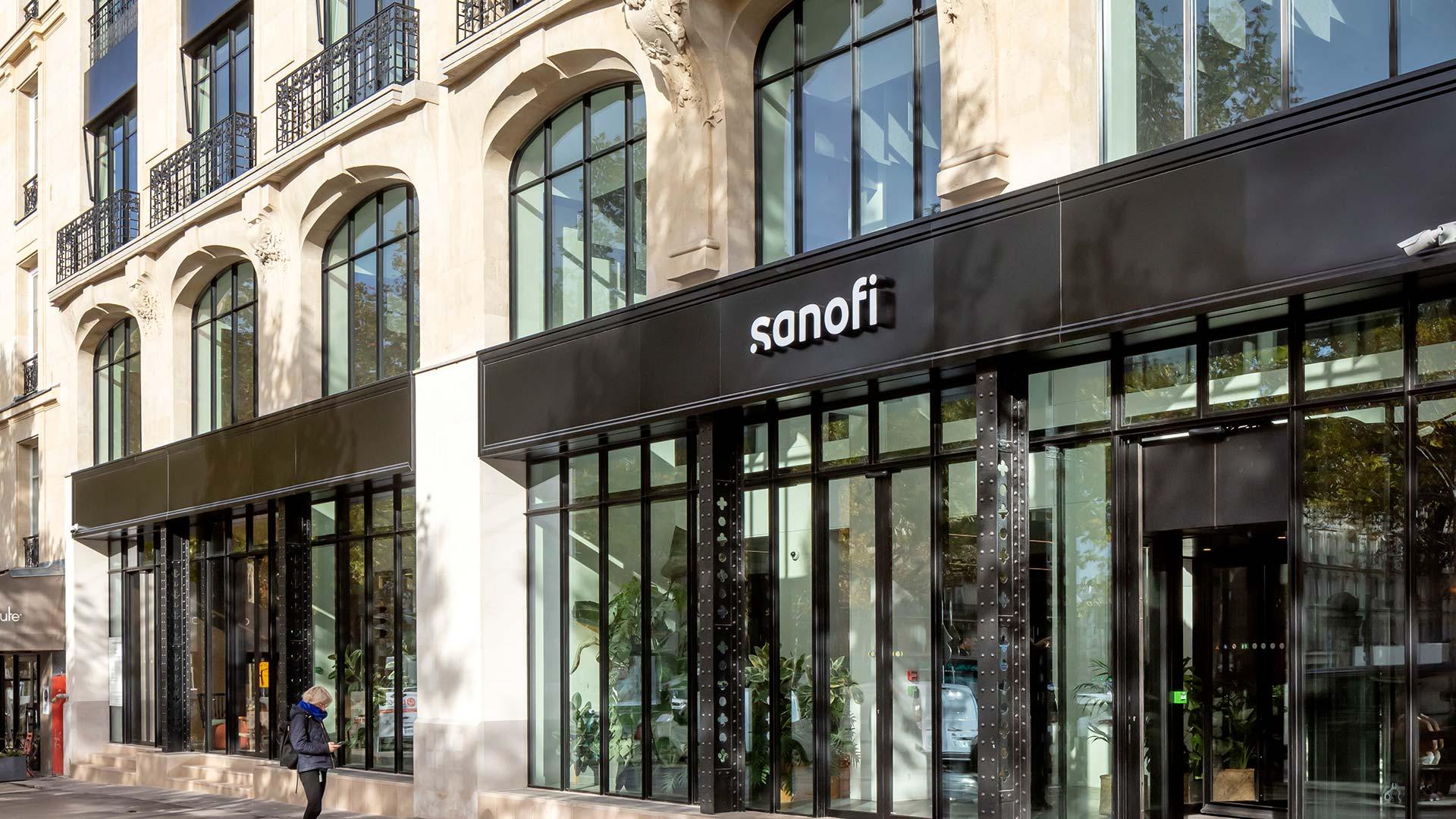Sanofi Pumps $1.4 Billion into German Insulin Production To Boost Diabetes Care
Sanofi invests €1.3bn in Frankfurt facility to boost insulin production, operational by 2029.
Breaking News
Aug 03, 2024
Simantini Singh Deo

Sanofi is set to boost its insulin production by investing
€1.3bn ($1.4bn) in a new, expanded facility in Frankfurt, Germany. Spanning
36,000m² at Sanofi’s current BioCampus site, the facility is expected to be
operational by 2029. The project will be carried out with backing from both the
German national government and the Hesse state government, pending approval
from the European Union.
Sanofi manufacturing & supply global head Brendan
O’Callaghan mentioned: “With this project, we reaffirm our commitment to help
diabetes sufferers around the world. We’re using the long-time expertise of our
Frankfurt BioCampus and its highly qualified personnel.”
Following the German government's 2023 official pharma
strategy, which aims to strengthen support for pharmaceutical companies,
streamline approval processes, and improve research and development conditions,
this investment has been announced.
Sanofi Germany chairman Heidrun Irschik-Hadjieff stated,
“Our planned investment underscores the central role played by the Frankfurt
BioCampus in strengthening the resilience of global insulin production. The
strong support of both the national and regional German governments is a
powerful signal for the biopharmaceutical industry.”
The German pharma strategy has also drawn investments from
global companies. Eli Lilly and Company, based in the US, is building a new
€2.3bn facility in Germany, while Japan's Daiichi-Sankyo and Switzerland's
Roche are each committing billion-euro investments in the country, Europe's
largest economy.
In July 2024, the European Medicines Agency (EMA) approved
Sanofi's Dupixent (dupilumab) as the first targeted therapy for adults with
uncontrolled chronic obstructive pulmonary disease (COPD) characterized by
elevated blood eosinophils. This approval is backed by results from the Phase
III BOREAS and NOTUS studies.
